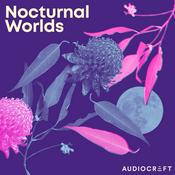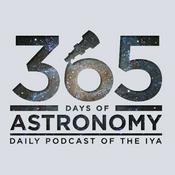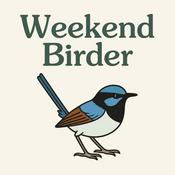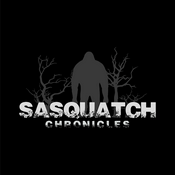450 episodes

Black Poplars: How to Save a Tree
02/10/2025 | 23 mins.
Have you ever heard of a black poplar? You've probably seen one, at least in a painting, even if you didn't recognise it as such. The black poplar is Britain's most endangered tree, and features in Constable's famous work, The Hay Wain. Martha Kearney is in Suffolk to see black poplars at Flatford Mill, the location in the painting, and to talk to botanical artist Ruth Wharrier about painting from nature. With tree wardens David Appleton and Fe Morris, Martha surveys new trees on the riverbank nearby. She finishes by visiting a new clone bank of trees at Jimmy's Farm, which are thriving between the wolves and polar bears. Without active support, this native British tree could disappear from our countryside altogether. Suffolk Tree Warden Network: https://www.suffolktreewardens.org.uk https://ruthwharrier.com https://www.suffolkwildlifetrust.org/adult-learning/botanical-artProducer: Beth O'Dea

The Stones of Snuff Mills
25/09/2025 | 23 mins.
Tucked away in a wooded valley on the outskirts of Bristol is a magical woodland nature reserve, Snuff Mills. Helen Mark discovers what lies beneath the trees, a now peaceful place with a history of heavy industry, where milling and stone quarrying has left behind a stunning playground for walkers and climbers. Local residents John, Beryl and Margaret grew up next to the quarry and witnessed its transformation from their secret playground to a busy public park. Engineer Geoff Wallis helped to literally unearth a fascinating piece of industrial history, and Steve England shows Helen the natural secrets of the valley. Following the stones of the quarry Helen crosses the river and finds the grounds of what was once Bristol’s asylum and – Helen hears from volunteer Anwyl Cooper-Willis - a landscape carefully designed to be therapeutic for patients and speed their recovery. But where does the name Snuff Mills come from? Is it really one of the most haunted places in Bristol? And which Hollywood star has a connection with the Asylum's story?Presented by Helen Mark Produced by Beth Sagar-Fenton Assistant production by Ellie Richold Series Producer: Emma Campbell

Fair Isle
18/09/2025 | 28 mins.
Halfway between Orkney and Shetland, Fair Isle is one of Britain’s most isolated inhabited islands. It's famous for knitting and birds, and those still form the basis of the island's economy, as Martha Kearney discovers.As an inviting rock in the North Atlantic it’s a magnet for migratory birds, with exhausted individuals blown off course regularly adding to a long list of unusual species recorded by the local bird observatory. Martha joins the island’s Head of Ornithology, Alex Penn, to ring some visitors and sit for a while with Britain’s friendliest colonies of puffin.French knitwear designer, Marie Brahat introduces Martha to her flock of sheep and gives her a lesson in turning their wool into the unique designs of Fair Isle knitwear. School teacher Jonathan Pye is the newest arrival on the island, currently dealing with a school roll of just two pupils - brothers Luca and Anders.Producer: Alasdair Cross

The Menai Strait
11/09/2025 | 24 mins.
Martha Kearney visits the Menai Strait - the stretch of water which separates Ynys Môn or Anglesey from mainland Wales. She learns about its treacherous tides and hears about the history of its two bridges, both built in the 19th century to improve travel between London and Ireland. The Menai Suspension Bridge was designed by Thomas Telford and will celebrate its 200th anniversary at the start of 2026. The newer Britannia Bridge had to be completely rebuilt after a disastrous fire in 1970. Martha meets an academic from Bangor University who explains how ocean physics make the waters of the Strait so dangerous. At low tide she braves the pouring rain to go rock-pooling with a wildlife expert, who explains why the Strait is such a special habitat for marine life. She also visits Church Island - a tiny island in the middle of the Strait which is home to an ancient church - and meets the people who look after it.Producer: Emma Campbell

Pingos and Pool Frogs
04/09/2025 | 23 mins.
Martha Kearney discovers the Ice Age ponds in Norfolk, called pingos, which are being brought back to life, and provide a home for the Northern Pool Frog. It's the UK's rarest amphibian and had become extinct in this country, but it's now breeding there again and Martha is keen to see one. With 400 pingos, Thompson Common is the most important site for pond wildlife in the country and also holds a precious store of seeds.Norfolk Wildlife Trust: https://www.norfolkwildlifetrust.org.uk/ThompsonCommonFind out more about The Pingo Trail Walk: https://www.explorenorfolkuk.co.uk/pingo-trail.htmlWork supported by Natural England’s Species Recovery Programme.Producer: Beth O'Dea
More Science podcasts
Trending Science podcasts
About Open Country
Listen to Open Country, What The Duck?! and many other podcasts from around the world with the radio.net app
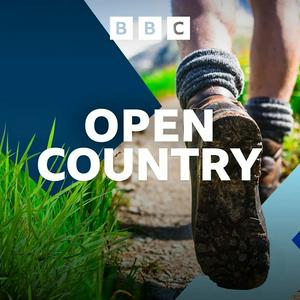
Get the free radio.net app
- Stations and podcasts to bookmark
- Stream via Wi-Fi or Bluetooth
- Supports Carplay & Android Auto
- Many other app features
Get the free radio.net app
- Stations and podcasts to bookmark
- Stream via Wi-Fi or Bluetooth
- Supports Carplay & Android Auto
- Many other app features


Open Country
download the app,
start listening.







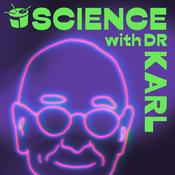





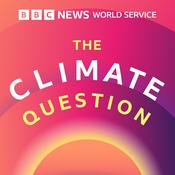


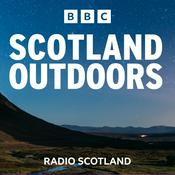


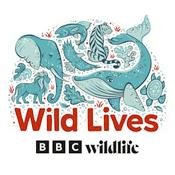
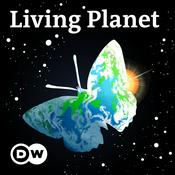

![Podcast Cosmosis [Formerly The UFO Rabbit Hole]](https://au.radio.net/podcast-images/175/the-ufo-rabbit-hole-podcast.jpeg?version=c4cfeed14331265219e0263fd62be755644a8cf4)
